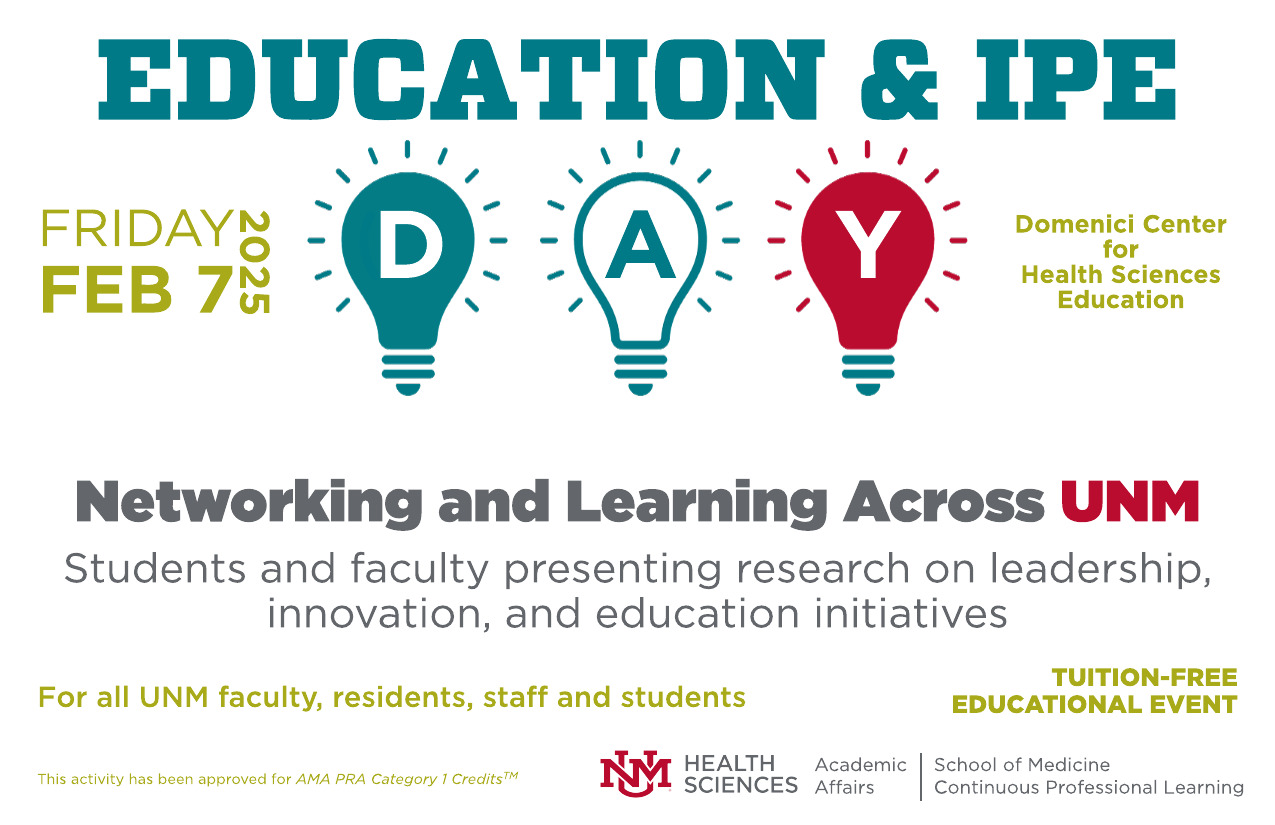
HSC Education Days
Document Type
Poster
Publication Date
2-3-2023
Abstract
Imposter phenomenon (IP) is characterized by high achieving individuals experiencing “chronic feelings of self-doubt, the fear of being discovered as an intellectual fraud, and a perception of being less intelligent or competent than peers.” There is limited data on the implications of IP including how feelings of imposterism may affect aspects of one’s mental health. In the current climate of health worker burnout, it is important to consider factors that may predispose individuals pursuing a career in healthcare to mental and emotional disengagement. We investigated the prevalence of IP among students in various healthcare fields on a global scale and evaluated correlations between IP and the frequency of depressed mood. We surveyed student members of The Network Towards Unity for Health utilizing the Clance IP Scale and the PHQ-2 questionnaire. Correlation indicators include: (1) Region of Study (2) Area of Study (3) Year of Study (4) Pre-clinical vs. clinical stage of training (5) Imposter Scale Score (6) Depression Score. We had an 8% response rate (N, 54). Three regions including Africa, Europe, and South-East Asia had an average IP scores between 41-60 indicating moderate IP experiences. Three regions including the Americas, Eastern Mediterranean, and the Western Pacific had average IP scores between 61-80 indicating respondents frequently having imposter syndrome. Only two regions, the Eastern Mediterranean and Western Pacific had an average PHQ-2 score greater than three which is indicative of major depressive disorder. Comprehensive evaluation of IP score and depression score between region, field, and years of study is currently under analysis. Evaluation of depression as a potential symptom of imposter syndrome allows for early identification and intervention. In familiarizing institutions of this relation, we may promote an environment for openness and support for learners to minimize the potential for burnout.
Recommended Citation
Hohsfield, Rebecca; Samantha DeWees; Cameron S. Crandall; and Amy Clithero-Eridon. "Unmasking the Imposter Phenomenon on a Global Level: A Study Exploring Professional Identity Formation in Health Professional Students." (2023). https://digitalrepository.unm.edu/hsc_ed_day/129
Creative Commons License

This work is licensed under a Creative Commons Attribution-NonCommercial-Share Alike 4.0 International License.

Comments
This poster was presented during the University of New Mexico Health Sciences Center Education Days.